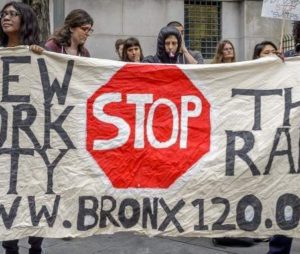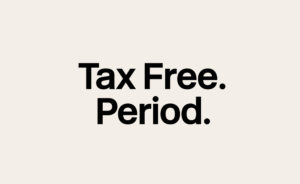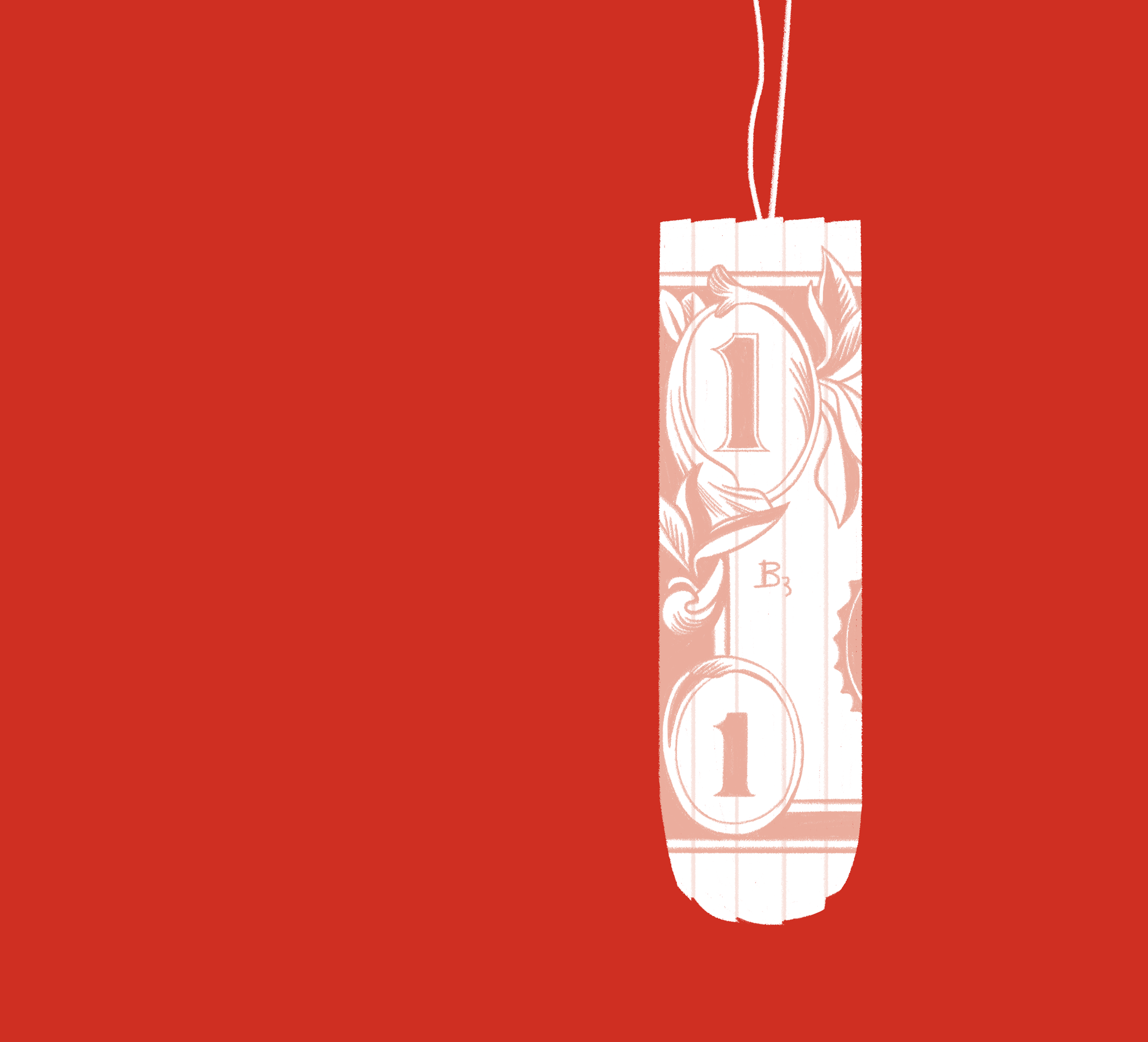Podcast: Play in new window | Download
Bronx 120 Report 2019 Questions Largest Gang Take Down
Three years ago, on April 27, 2016, SWAT teams and about 700 NYPD officers, with federal law enforcement present, raided the Eastchester Gardens public housing project and nearby homes in the Bronx. One hundred 20 people, almost all young black and Latino men, who were indicted after the pre-dawn raid. Prosecutors called the “largest gang take-down in New York City history.” At the time we covered it on Law and Disorder.
Preet Bharara, then U.S. Attorney for the Southern District of New York, said the 120 were members of two violent, rival street gangs that had “wreaked havoc” in the neighborhood for years and were responsible for at least eight murders. The NYPD police commissioner at the time, William Bratton said: “These gang members do not belong on our streets…Instead they belong exactly where they are going, to federal prison, for many years, where they won’t be surrounded by their buddies, they won’t be close to their families, and they’ll no longer be free to terrorize the neighborhoods in which they grew up.”
Visit – Bronx120.Report
Although the press covered the raids for a few days, over the past 3 years, few journalists have followed up. A new report, published prior to the raid’s third anniversary reveals troubling facts about the prosecution. It also raises questions about due process, the abuse of federal conspiracy charges, and the criminalization of social relationships in communities of color.
Guest – Babe Howell, a co-author of the report and a professor at CUNY School of Law. Professor Howell studies gang policing practices and teaches Criminal Law, Criminal Trial Advocacy and Lawyering Skills. A graduate of Harvard College, Professor Howell received her J.D. from New York University School of Law where she was a Root-Tilden Snow Public Interest Scholar.
Professor Howell’s scholarship focuses on the intersection of the criminal justice system and race. She is particularly interested in the effects of policing of minor offenses and alleged gang affiliations and the impact such policing has on the legitimacy of the criminal justice system and communities of color.
—-
Period Equity Tax
Thousands of health and personal care items in the United States are exempt from sales tax. That includes items like shampoo, chapstick, and Viagra. But notably missing from that list are menstrual products. To-date only nine states include tampons and sanitary pads from their tax exempt list. Seven more have introduced legislation aimed at doing the same. Three of the seven — Nebraska, Virginia and Arizona — introduced their legislation this year.
In her book, Periods Gone Public, Jennifer Weiss-Wolf chronicles what she calls a lack of “period equity.” She writes that managing menstruation “is a critical aspect of the lives and civic participation of more than half the population,” and should be considered when making policy.
Much of her advocacy has focused on fighting against what’s dubbed the “tampon tax.” It’s an example of women paying a premium for various products, known as the “pink tax.”
While there is no specific tax on tampons, in states that don’t tax medical and health supplies, tampons are excluded from those tax-exempt categories.
Guest – Jennifer Weiss-Wolf, a leading voice for equitable menstrual policy in America, her 2017 book Periods Gone Public lays out a pro-active policy agenda. A frequent contributor to the New York Times, Time, Newsweek, the Nation and other publications, she serves on the boards of Support the Girls,The Cup, and Girls Helping Girls. Period., and is an Advisory Board member of ZanaAfrica Foundation, which provides menstrual health education and products to girls in Kenya. An attorney with expertise in nonprofit management and development, she is a vice president of the Brennan Center for Justice at NYU School of Law.
————————-
————————-




